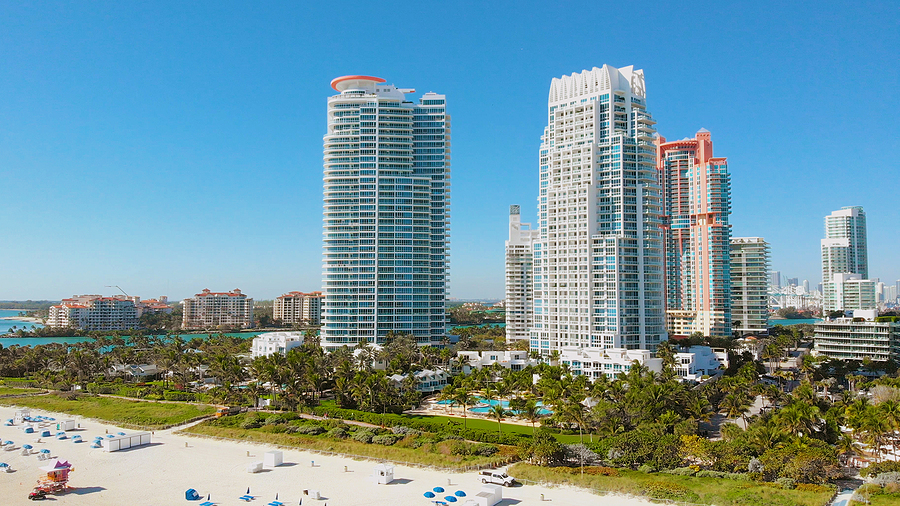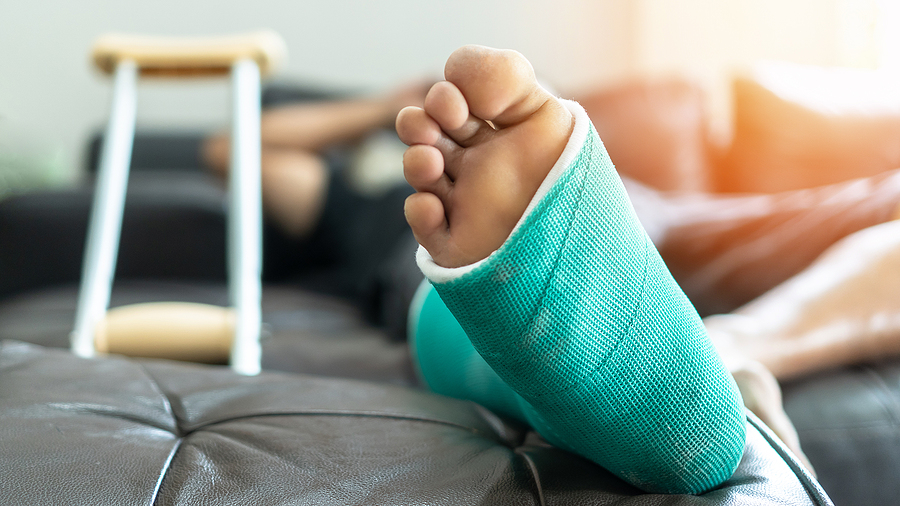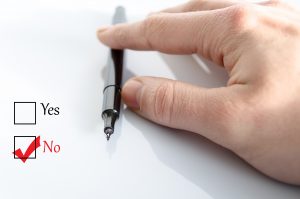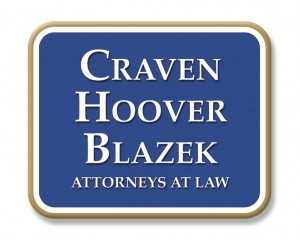When a victim is wrongly hurt in an accident, it is common for them to miss weeks and months of work while recovering from their injuries. Sometimes, victims cannot go back to work at all if the injury is permanent and severe. While out of work, injured victims lose out on their regular earnings. These missed earnings are referred to as lost wages in a personal injury claim. Lost wages are one of the more common types of personal injury damages available for injured victims to recover.
Continue reading to learn which types of income are generally covered by lost wages benefits, plus where to schedule a free personal injury case evaluation in Indianapolis, Indiana.
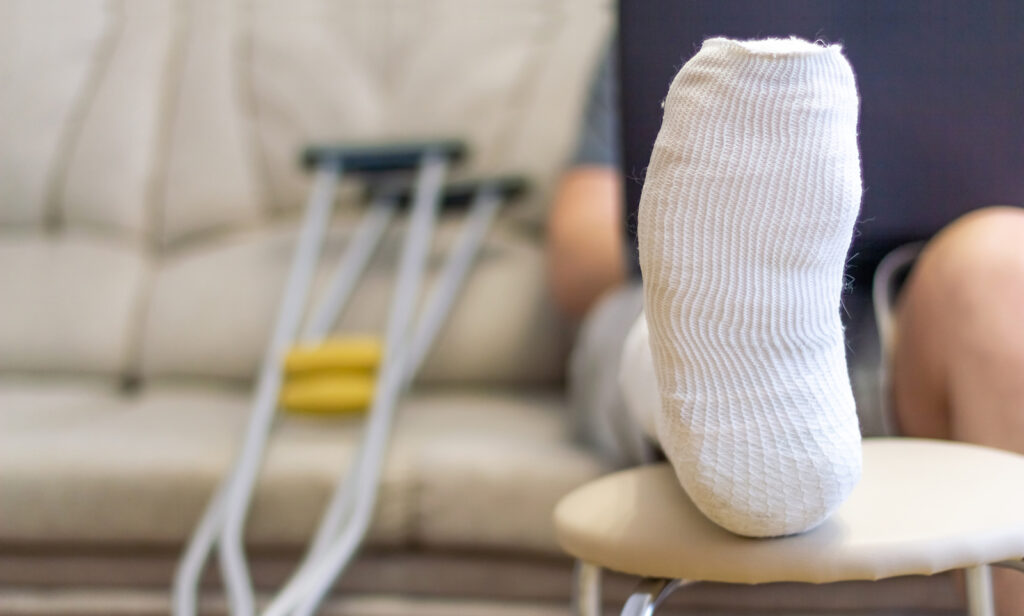
Personal Injury Coverage for Lost Wages
Lost wages refer to the missed earnings that are involuntarily forfeited by an employee who was injured in a negligent accident. After being injured in an accident that was not their fault, an injured victim is legally entitled to a financial recovery for their resulting damages and losses, including missed pay from missing work.
Most people assume that lost wages only cover missed paychecks, when in fact, they can cover a lot more. Lost wages can include all sorts of income and benefits, from salary and hourly pay to tips, bonuses, job perks, and more. The extent of compensation awarded for lost wages in a personal injury case depends on how long the injured victim is forced to miss work due to their injuries.
Once an injured victim reaches maximum medical improvement (MMI), they can usually go back to work to the best of their ability. In the case of an injured victim suffering temporary, partial, or permanent disabilities that prevent them from performing the same duties as before, there are benefits that are available under Indiana worker compensation laws and third-party laws for this type of loss as well.
Examples of Lost Wages That May Be Awarded in a Personal Injury Case:
↳ Hourly Pay
↳ Salary
↳ Commission
↳ Tips
↳ Overtime
↳ Sick Leave
↳ Vacation Days
↳ Bonuses
↳ Promotions
↳ Job Perks
Returning to Work at a Lower Pay
Sometimes an injured victim can return to work after an accident, but not in their full capacity. In such cases, an employee comes back to work, but in a different role and at a lower pay. This type of earning loss may also be covered by personal injury lost wage benefits. In other cases, an injured victim cannot return to work to the same capacity ever again. In personal injury cases, this circumstance is known as loss of earnings potential. Those who qualify may be awarded future lost wages.
Evidence of Wage Related Losses
In a personal injury case, the claimant and their legal team holds the burden of proving lost wages. Fortunately, this is not usually a challenge, especially for particularly skilled and experienced Indiana civil litigators. Common types of evidence used to prove lost wages in a personal injury case include recent pay stubs, W2’s, bank records, medical records, tax return statements, expert testimony, a letter from the doctor stating a patient cannot return to work, and even a simple wage verification letter from the employer.
Are you wondering how you can recover damages for missing work after being wrongfully injured in Indiana? Contact the Law Office of Craven, Hoover, and Blazek P.C. at 317-881-2700 to schedule a free initial case evaluation with a skilled Indianapolis IN personal injury lawyer. We represent injured persons throughout the state.
Related Posts:
The Most Common Types of Damages Awarded in Personal Injury Lawsuits
Can I Recover Compensation for Lost Wages After My Personal Injury Accident?
Factors for Calculating a Personal Injury Settlement

